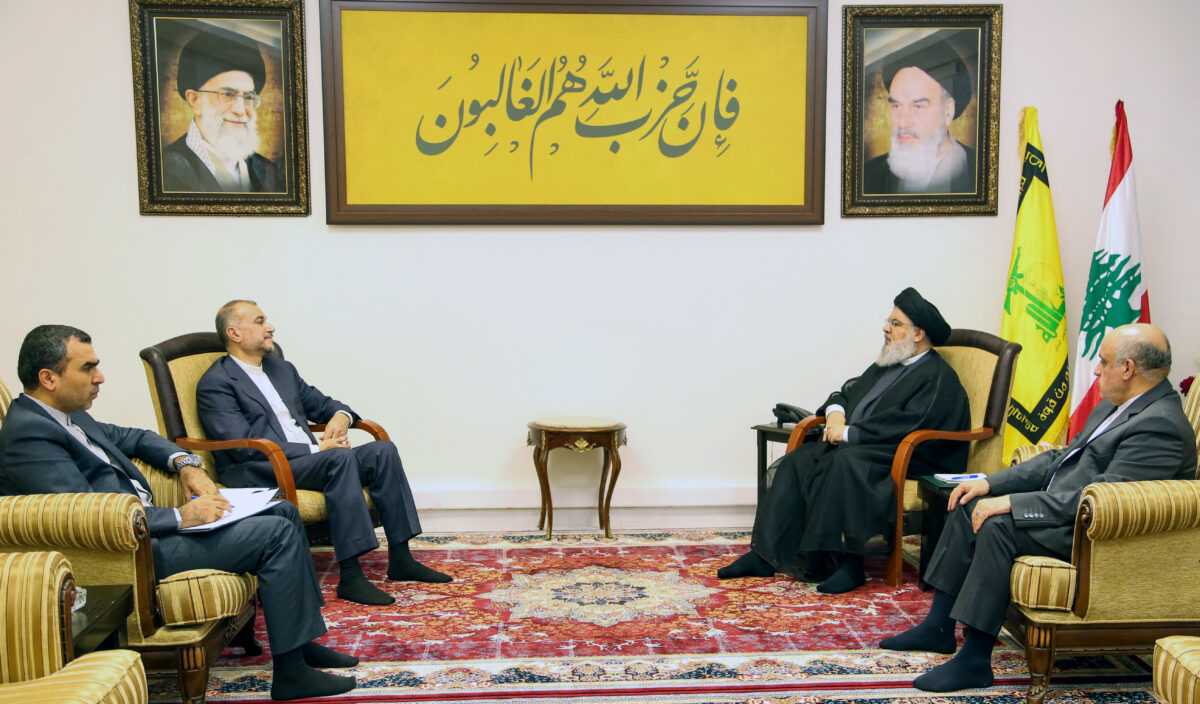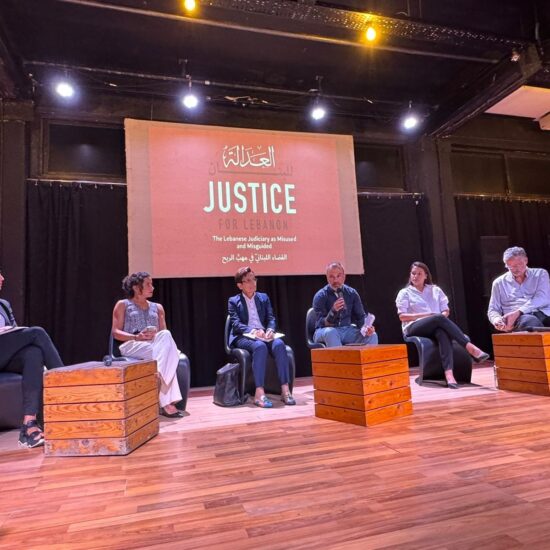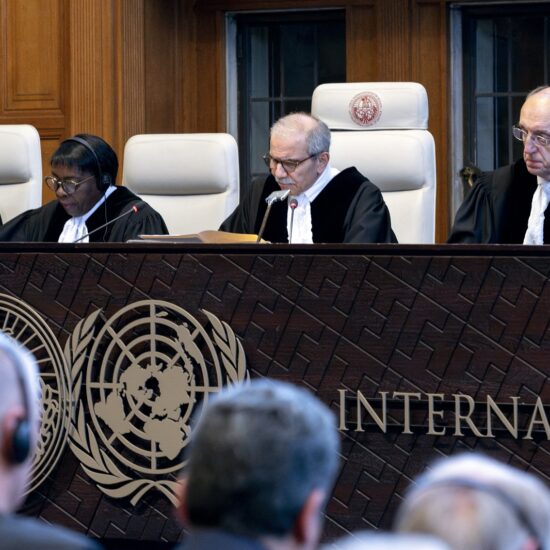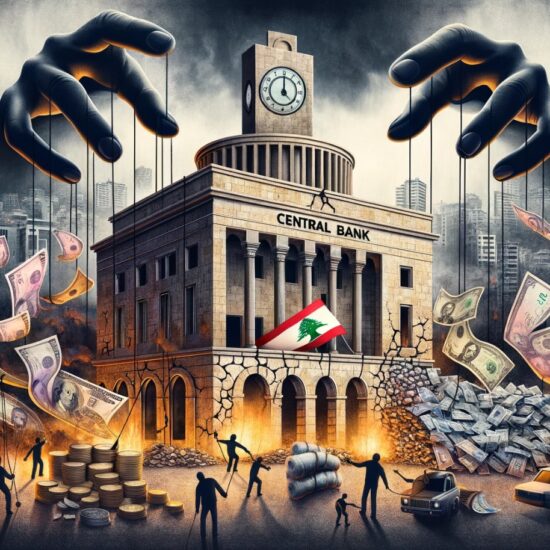
Lebanon, a small yet historically rich country, tells a narrative woven from the threads of ancient civilizations and modern geopolitical forces. This land, where the whispers of Phoenician traders blend with the echoes of French colonialism, holds a story as intricate as the patterns in a traditional Lebanese tapestry. Its Arab identity, rich and proud, is a testament to a resilient culture that has weathered centuries of change. Yet, beneath this historical grandeur lies a contemporary struggle, a tug-of-war between the allure of the past and the realities of today’s global politics.
In Lebanon, Iran’s influence transcends mere geopolitical strategies, permeating deep into the country’s socio-political and religious fabric. The explicit acknowledgment of Lebanon as a key player in Iran’s regional ambitions by the Iranian Foreign Ministry on state television was a stark affirmation of this reality. Iran’s support for Hezbollah embodies a complex blend of soft and hard power dynamics. This relationship goes beyond transactional interactions to symbolize a shared Shia identity and a narrative of resistance against Western, particularly American, dominance. The anticipation and weight given to speeches by figures such as Hezbollah’s Secretary-General, Hassan Nasrallah, exemplify this influence. Nasrallah’s recent speech amid the Israeli attack on Gaza had the nation and the region hanging on his every word. This scenario underscores the intensity of Iran’s soft power in Lebanon – a power that, while soft in name, exerts a hard, singular influence over the nation’s political and social discourse. It is an influence that challenges Lebanon’s autonomy, intertwining Iran’s strategic objectives with Lebanon’s internal affairs and transforming the country’s role in the broader Middle Eastern context.
The dynamic of U.S. involvement in the Middle East, particularly in relation to Iran and its allies, presents a stark contrast to Iran’s approach and has had significant repercussions for Lebanon. American policy, characterized by its unpredictability and frequent shifts, notably the withdrawal and subsequent renegotiation of the Iran nuclear deal, has been more than a mere change in stance; it has been a catalyst for regional tension and uncertainty. This oscillation between sanctions and diplomatic engagement by the U.S. disrupts established diplomatic rhythms, creating a landscape rife with tension and risks.
However, despite the instability and unpredictability inherent in American policies, they inherently allow for more room for negotiation and dialogue compared to Iran’s more direct and assertive influence. This is a crucial aspect in understanding Lebanon’s complex geopolitical situation. While Iran’s influence in Lebanon is often perceived as more unyielding, directly shaping the nation’s political and social fabric, the American strategy, despite its own form of hostility, is often viewed as more flexible and open to diplomatic maneuvering.
For Lebanon, this means navigating a precarious path between the immediate, tangible influence of Iran through Hezbollah, and the more fluid, yet erratic, influence of the United States through various situations and players. Each shift in U.S. policy creates vacuums that Iran has frequently filled, further cementing its presence in Lebanese affairs. The Lebanese populace thus finds itself in a challenging situation, grappling with the direct impact of Iran’s entrenched influence and the broader, more diplomatic but unpredictable American approach. The future and stability of Lebanon, therefore, hinge on a delicate balance, influenced by decisions and strategies formulated in distant capitals. This intricate interplay of regional and international forces underscores the complexity of Lebanon’s position in the Middle East and the critical nature of external influences in shaping its destiny.
Amidst this dance of power and influence between global and regional giants, the impact is palpably felt at the grassroots level within Lebanon itself. In the bustling streets and tranquil villages of Lebanon, the pulse of the nation beats in sync with the drumming of international politics. Iran’s presence, once a distant reality, has now woven itself into the very fabric of our society. Its influence is pervasive, wrapping around our political and social life like an inescapable embrace. In the cafes and marketplaces, there are murmurs of covert agreements, whispers of secret deals between the U.S. and Iran that could redraw the geopolitical map of the Middle East. These speculations are not idle gossip; they are the expressions of a nation’s anxiety, the collective concern of a people caught in the midst of a geopolitical storm. This uncertainty stirs the soul of Lebanon, leaving us to ponder our place in a home that feels increasingly unfamiliar.
As Lebanon stands at this pivotal juncture, its place in the dynamic and complex tapestry of Middle Eastern politics is clouded with a lack of clarity. At the heart of this uncertainty is the question of Lebanon’s transformation: Can we shift from being a mere backdrop for global power struggles to a nation commanding its own destiny? This is not just a question for the Lebanese people, whose resilience and spirit are the bedrock of our nation, but also for the complex web of regional and international actors – from Iran’s strategic maneuvers to the ever-changing policies of the United States. Our journey forward is laden with obstacles, as we stand, perhaps perceived as minor and inconsequential in the grand chessboard of global politics, awaiting the moves of both foes and allies. Our aspiration, however, is that, at the end of this complex geopolitical dance, Lebanon will survive, maintaining its unique identity in a world of giants.
Ramzi Abou Ismail is a political psychologist and researcher at the University of Kent.








